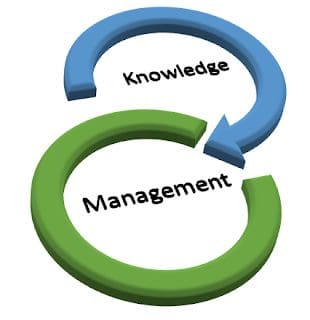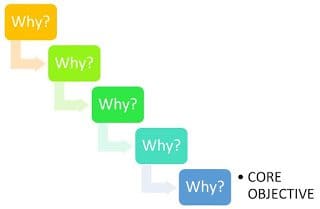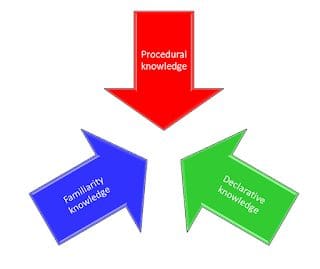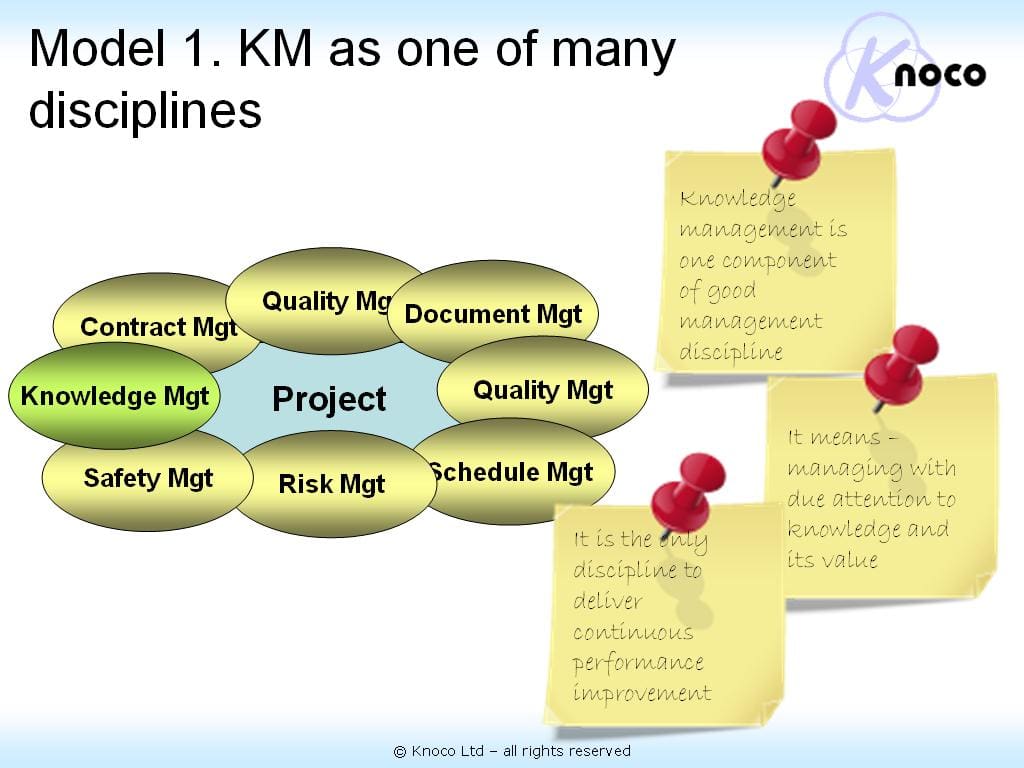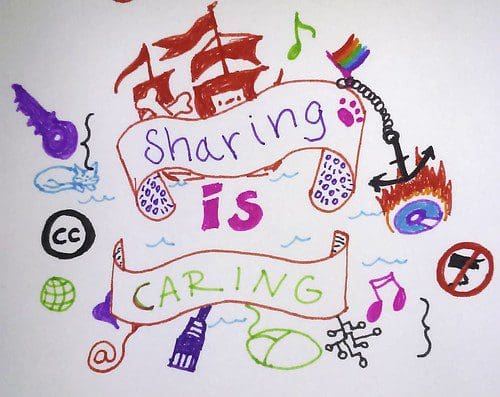
Favorite In an interesting New Scientist article, Harry Collins (author of “Tacit and Explicit knowledge“) describes three types of Tacit Knowledge. Image from wikimedia commons We know about the concept of tacit knowledge, which originally was described as knowledge which cannot be expresses (although often nowadays people use the term for knowledge
Read More
 Shared by Nick Milton July 30, 2020
Shared by Nick Milton July 30, 2020

Favorite This is a short analysis of the story of WalMart’s preparation for hurricanes, in order to explore the link between Big Data and Knowledge. Hurricane Irma food distribution, by City of St Pete on Flickr One of the earliest and most famous “big data” stories is around Walmart and
Read More
 Shared by Nick Milton January 22, 2020
Shared by Nick Milton January 22, 2020
Favorite If you are a competent ship’s master, what types of knowledge do you need to be able to navigate on a new voyage to an unknown port? You need two types – explicit and tacit, charts and pilots. Brunswick Harbor pilot by Ralph Daily on Flickr The charts, and
Read More
 Shared by Nick Milton November 12, 2019
Shared by Nick Milton November 12, 2019

Favorite There are many people who really don’t like the term Knowledge Management, and would much rather use some other terminology. But logically, these two words go together. There is a common view that the term “Knowledge Management” is an oxymoron; that “knowledge cannot be managed” and therefore the term
Read More
 Shared by Nick Milton October 17, 2019
Shared by Nick Milton October 17, 2019

Favorite What is the purpose of KM? Why do we do it? What is it’s core objective? This is a subject worth exploring. If we are 100% sure about why we need, or why we do, KM, then we can be clearer about what sort of KM we need, and
Read More
 Shared by Nick Milton September 19, 2019
Shared by Nick Milton September 19, 2019

Favorite There is more than one type of Knowledge, and KM needs to decide which type requires the main focus and effort. Both linguistically and philosophically there is more than one type of knowledge. This is important, and is an area where the English Language is less than helpful to
Read More
 Shared by Nick Milton September 16, 2019
Shared by Nick Milton September 16, 2019

Favorite Is KM a Science? Is KM a Philosophy? No – it’s a Management Discipline. And here is why that is a useful viewpoint. I have met many people over the years who treat Knowledge Management as something entirely unique – a philosophy, almost, or a “world-view”. For these people,
Read More
 Shared by Nick Milton September 10, 2019
Shared by Nick Milton September 10, 2019

Favorite Many people prefer to use the term “Knowledge Sharing” instead of “Knowledge Management”. However as a synonym “Knowledge Sharing” is inadequate and misleading. I know lots of people prefer the term Knowledge Sharing, but sharing is only one element of KM. There are at least four other major elements
Read More
 Shared by Nick Milton August 28, 2019
Shared by Nick Milton August 28, 2019

Favorite What makes KM unique? This post from the archives attempts to explain. Image by dayeonge from Pixabay Any management discipline needs to have a defined unique area of scope if it is to add value. It needs to be different enough from other disciplines, and distinct enough, that it
Read More
 Shared by Nick Milton July 29, 2019
Shared by Nick Milton July 29, 2019

Favorite There are two primary types of knowledge which we tend to manage – Know-How and Know-What. Of the two, Know-how is more the natural focus for KM. The Knowledge Management arena is a very confused place to be, and different people, different countries and different industries see Knowledge Management,
Read More
 Shared by Nick Milton July 25, 2019
Shared by Nick Milton July 25, 2019
![]() Shared by Nick Milton July 30, 2020
Shared by Nick Milton July 30, 2020


